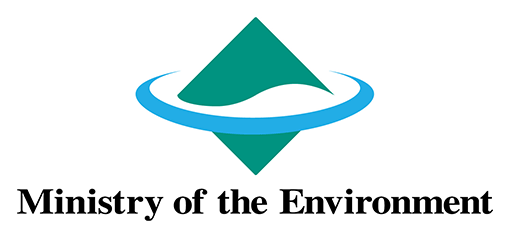Bees from Southeast Asia are poorly represented in public species occurrence databases like GBIF. The Chulalongkorn University Natural History Museum (CUNHM) in Thailand holds a collection of more than 12,000 bee specimens, of which at least 6,700 have digital records that are available. The specimens include bees from four families across more than 500 localities in each of the country's 77 provinces.
The purpose of this project is to mobilize at least 8,000 Thai bee specimen records deposited at CUNHM and publish them to GBIF. Activities will include photographing specimens, assigning QR codes, transcribing labels, formatting transcription of the data to enable publication in GBIF.org, mapping species distributions, and holding a workshop to showcase and demonstrate the use of the database.
For long-term sustainability of the project, we aim to establish an accurate and reliable digital bee database for the global audience and researchers whose interest are in pollination biology, conservation, bee taxonomy, and biodiversity informatics in Southeast Asia, a lesser-known area of bee diversity. Research fields in climate change, invasive species, and ecology of pollinators will benefit from this work, since information from tropical Asia is often limited and sometimes inaccessible.
Beside producing and publishing the database to GBIF, this effort can provide a template for hosting other biodiversity information hosted and stored in Thailand by the National Science and Technology Development Agency (NSTDA), a partner that is providing matching funds. The processes and methods of digitization of bee records will be disseminated and shared with the country's other research collections, universities, and institutions through workshop and university lectures. Through these outreach activities, we hope to familiarize and educate audiences on how to utilize the data efficiently—both through the database and GBIF—and to persuade them the importance of pollinators to the public.
Project progress
The project began in July 2020 with a project team member attending and successfully obtaining the certification from the BIFA capacity enhancement workshop "Data Mobilization Workshop for Asia 2020” and by midterm reporting had already published its estimated number of records through its database “Database and digitization of bees in Thailand”.
By the end of the project, the team met its objective with its database containing 10,414 verified records of bees from 4 families: Apidae (6,651), Colletidae (11), Halictidae (1,854), and Megachilidae (1,898). Records are identified to 39 described genera and 155 species despite approximately 217 morphospecies identified.
Images were also captured from 6,500 species with each specimen comprising of four images each (26,000 images in total) and over 8,500 occurrence records were georeferenced. During the implementation phase the team decided that instead of capturing one image per bee specimen, the dataset would be improved greatly by providing more views of the specimens. Now for each specimen there are available at least three image views and a picture of the original label.
Despite the COVID-19 pandemic and delays incurred to the project implementation, the project team has been able to adapt and complete its expected deliverable of a fully digitized database.
Post-project, work to capture images for the remaining specimens and attach QR codes to the records and link these to the database is envisaged.
In addition to this, as the project team was successful to be awarded a second year of support from the BIFA programme, through a new BIFA project they will continue to further increase the mobilization of data on Thai bees by working on bee specimens from the Queen Sirikit Botanical Garden (QSBG) in Chiang Mai.


